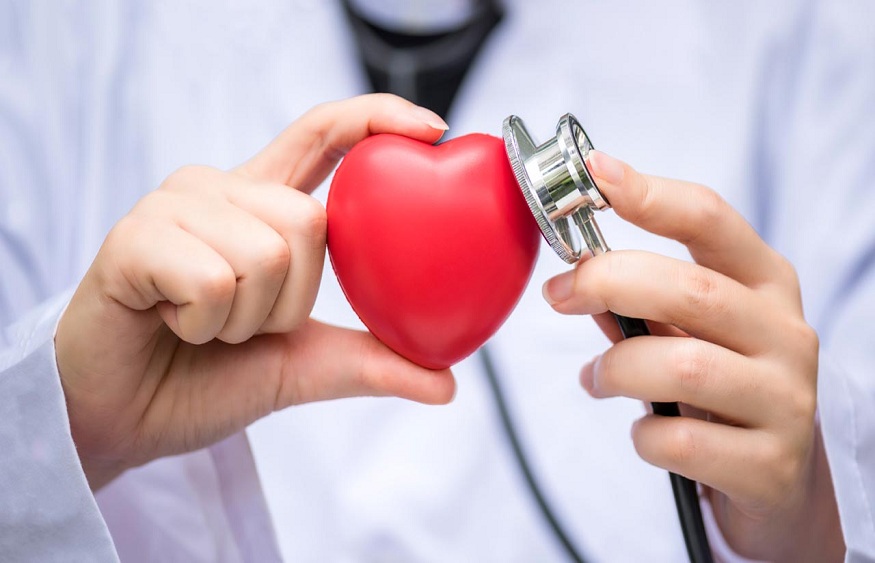The Importance of Regular Cardiology Check-ups
If you are visiting this page, chances are that you might have heard about varicose veins Upper East Side or any other heart-related issues. In this article, we will help you understand the importance of regular cardiology check-ups and how they can help you live a healthy and productive life.
What are Cardiology Check-Ups?
Cardiology check-ups are routine medical check-ups that are performed to evaluate the overall health of your heart and the cardiovascular system. These check-ups are often performed by a cardiologist, who is a medical professional specializing in heart health and cardiovascular diseases. During a cardiology check-up, the cardiologist will evaluate your heart health by performing a series of tests and examinations.
Why are Regular Cardiology Check-Ups Important?
Regular cardiology check-ups are essential for maintaining good heart health and preventing heart diseases. These check-ups help detect any underlying heart conditions early on, before they become severe and cause irreversible damage. Early detection of heart diseases is crucial in managing and treating them effectively, and regular check-ups can help with that.
Furthermore, regular cardiology check-ups provide valuable information about your lifestyle and overall health. The cardiologist can provide guidance on how to improve your health and reduce your risk of developing heart diseases. They might suggest changes in your diet, exercise routine, and medication if necessary.
What Happens During a Cardiology Check-Up?
A cardiology check-up usually involves a series of tests and examinations to evaluate your heart health. These tests can include:
- Electrocardiogram (ECG): A test that measures the electrical activity of your heart.
- Echocardiogram: A test that uses sound waves to create images of your heart and evaluate its function.
- Blood tests: These tests evaluate your cholesterol levels, blood sugar levels, and other important parameters that can affect your heart health.
- Stress test: A test that evaluates your heart’s function during physical activity.
Depending on your medical history and symptoms, the cardiologist might perform additional tests to evaluate your heart health accurately.
How Often Should You Get a Cardiology Check-Up?
The frequency of your cardiology check-ups depends on several factors such as age, medical history, and family history of heart diseases. Generally, people over the age of 40 or those with a family history of heart diseases should get a cardiology check-up once every year. If you have a history of heart diseases or other heart-related issues, your cardiologist might recommend more frequent check-ups.
Conclusion
In conclusion, regular cardiology check-ups are crucial for maintaining good heart health and preventing heart diseases. These check-ups help detect any underlying heart conditions early on, before they become severe and cause irreversible damage. If you are due for a cardiology check-up, we recommend scheduling an appointment with a cardiologist as soon as possible.



